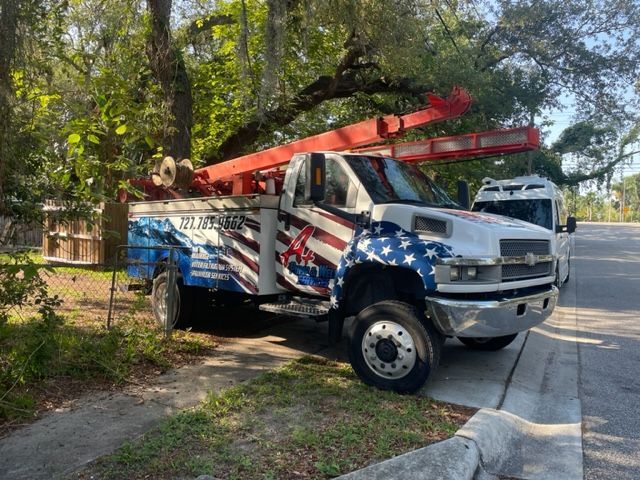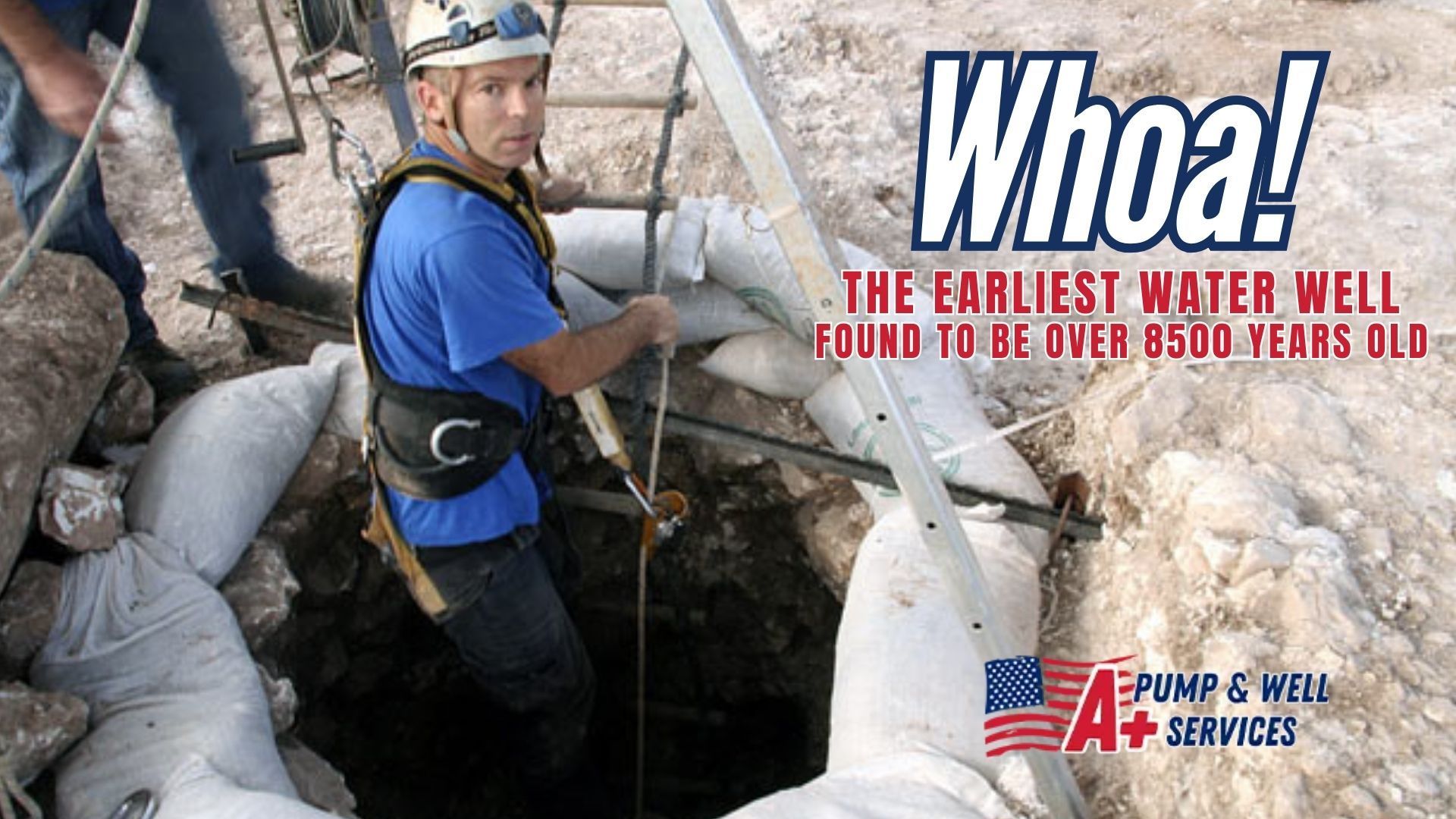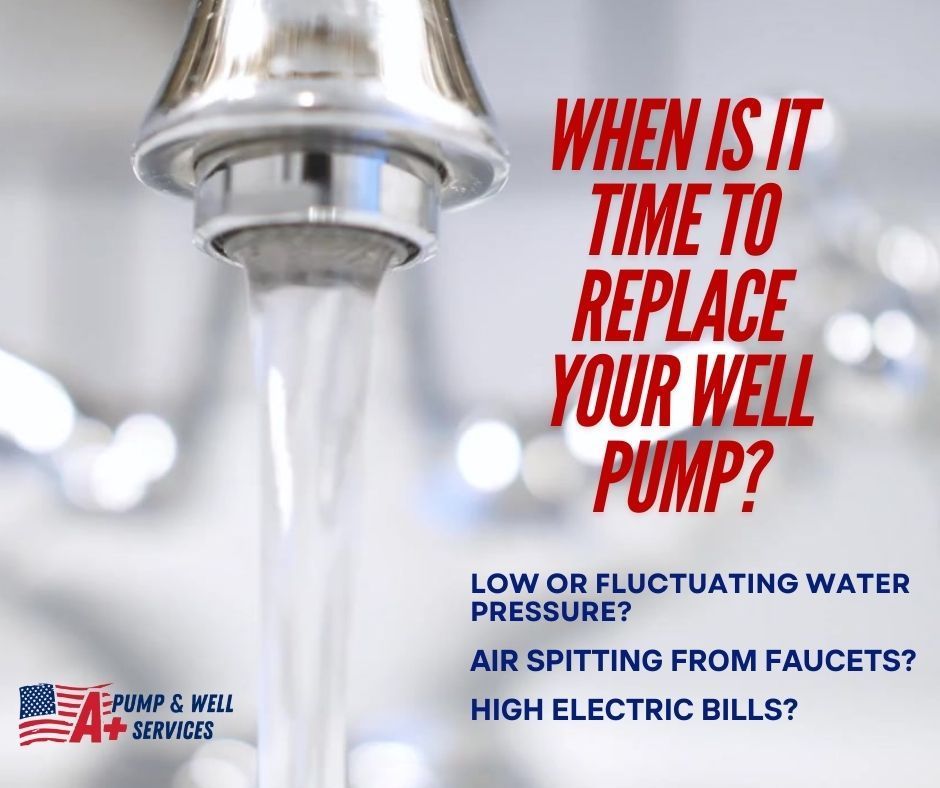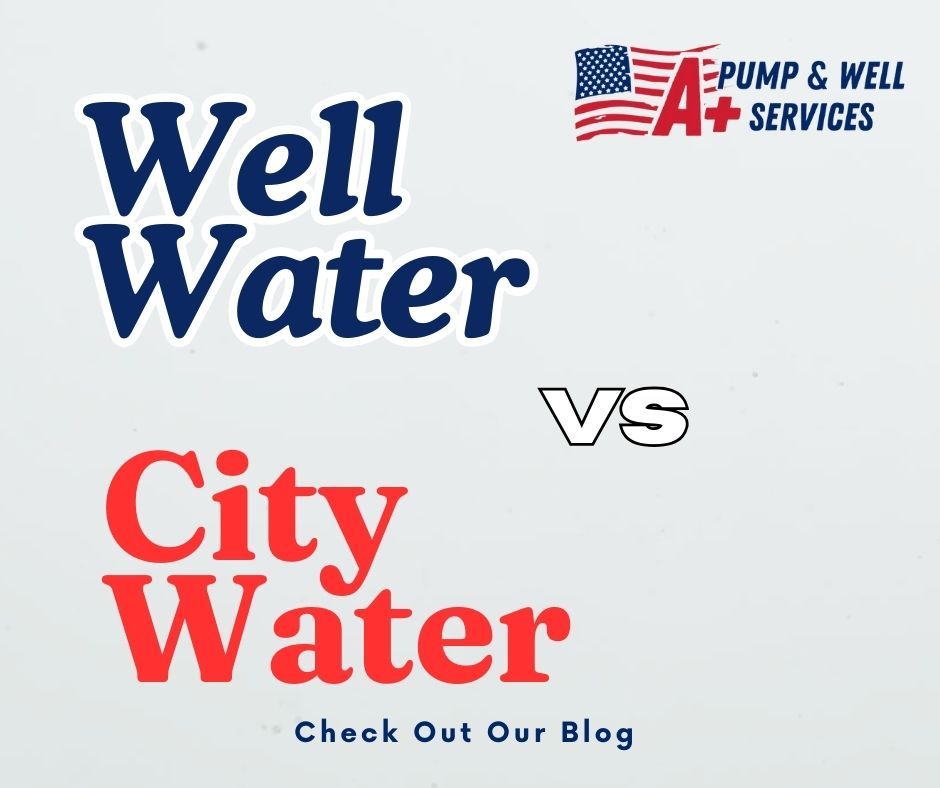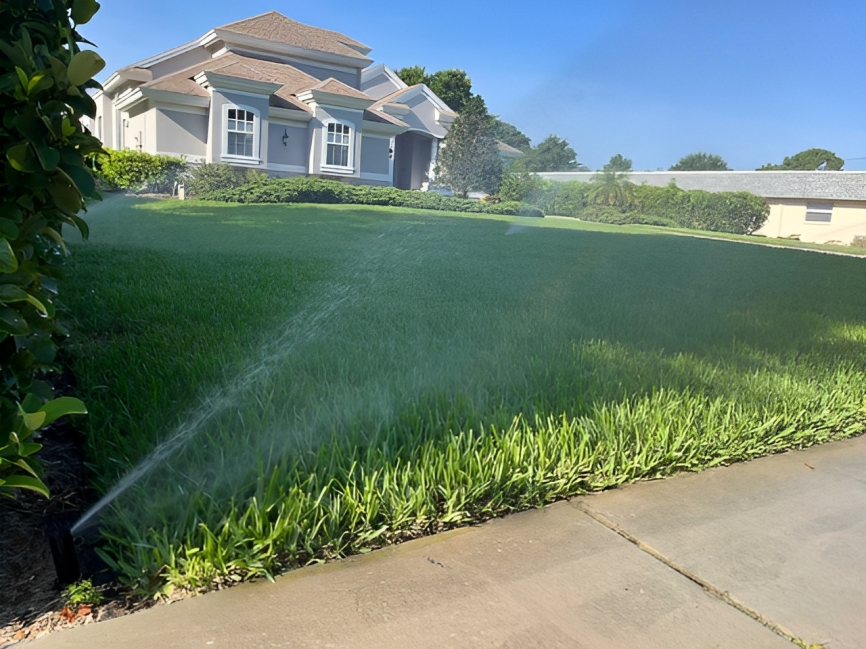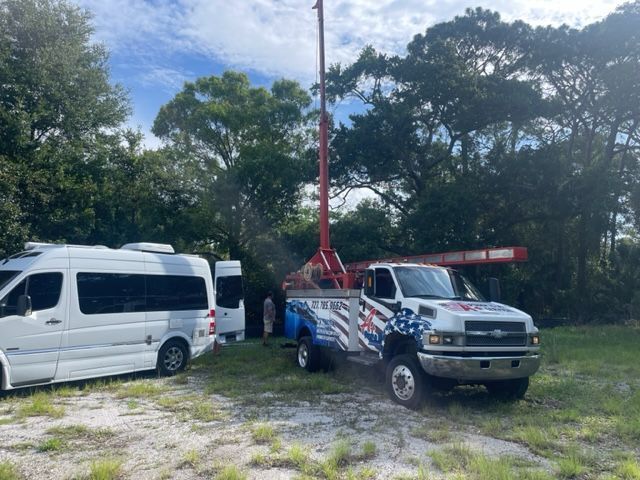Understanding Florida Aquifers
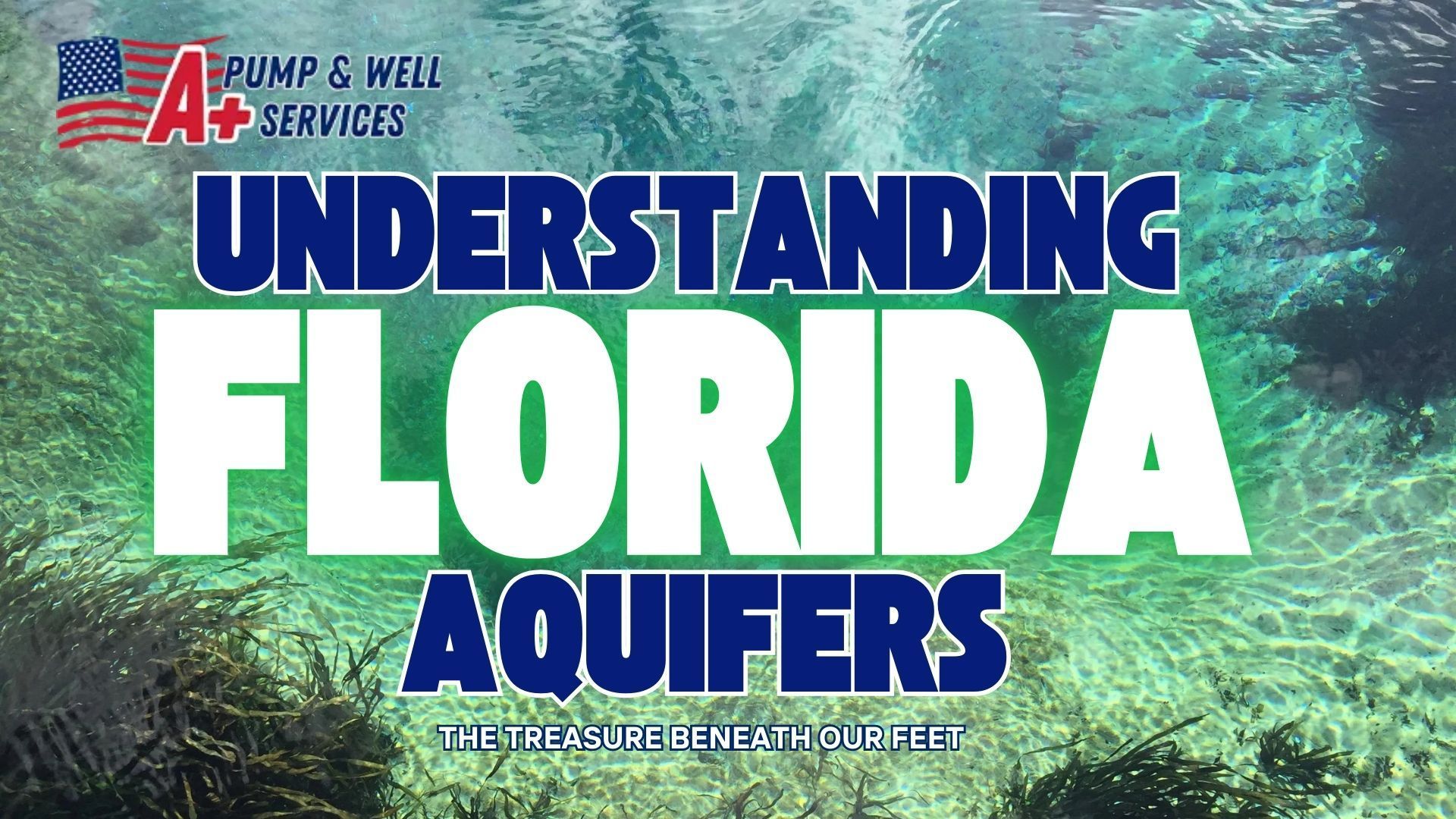
Understanding Florida's Aquifers
Florida’s unique geology has blessed the state with abundant water resources. Beneath the surface lies an intricate system of aquifers that serve as a critical lifeline for residents, businesses, and ecosystems. In this blog, we will explore the role of aquifers in Florida's water supply, their significance in well drilling, and the importance of the Floridan Aquifer in meeting residential and commercial needs.
What Are Aquifers?
Aquifers are underground layers of permeable rock, sediment, or soil that hold and transmit water. They act as natural reservoirs, storing water that is accessed through wells or natural springs. Aquifers can vary in size, depth, and water quality, depending on their geological composition and location.
In Florida, the state's aquifers are particularly vital due to the porous limestone bedrock that allows water to flow and accumulate. This natural feature has made Florida one of the most water-rich states in the U.S., with aquifers supplying nearly 90% of the state's drinking water. (Source: Florida Department of Environmental Protection)
Florida's Major Aquifers
Florida is home to several aquifers, but the most notable ones include:
The Floridan Aquifer
The Floridan Aquifer is one of the largest and most productive aquifers in the world, spanning over 100,000 square miles beneath Florida and parts of Georgia, Alabama, and South Carolina. It supplies water to more than 10 million people and supports various industries, including agriculture and tourism.
- Depth: The aquifer’s depth ranges from 100 feet to over 2,000 feet below the surface.
- Output: It discharges approximately 1 billion gallons of water per day through springs, wells, and other outlets. (Source: U.S. Geological Survey)
- Significance: The Floridan Aquifer is the primary source of drinking water for Central and North Florida, as well as a key resource for commercial and industrial operations.
The Biscayne Aquifer
Located in South Florida, the Biscayne Aquifer is shallower and more vulnerable to contamination than the Floridan Aquifer. It primarily serves Miami-Dade, Broward, and Palm Beach counties.
The Sand-and-Gravel Aquifer
Found in the western Panhandle, this aquifer provides water for local residents and agricultural activities. It is less extensive than the Floridan and Biscayne aquifers but remains a vital resource for the region.
The Role of Aquifers in Florida's Water Supply
Aquifers play a crucial role in Florida’s water management system. They supply:
- Drinking Water: Nearly all of Florida’s potable water comes from aquifers.
- Irrigation: Agriculture depends heavily on aquifer water, especially during dry seasons.
- Industrial Use: Manufacturing and energy production rely on consistent access to groundwater.
Florida’s unique hydrology also supports more than 1,000 natural springs, the largest concentration of springs on Earth. These springs, fed by aquifers, attract millions of visitors annually and contribute significantly to the state’s economy.
Aquifers and Well Drilling in Florida
Well drilling is a practical and efficient way to access water stored in aquifers. The process involves drilling through layers of soil and rock to reach the aquifer below. Factors such as the depth of the aquifer, water quality, and regional regulations influence the drilling process.
- Residential Wells: Homeowners in rural and suburban areas often rely on private wells to access the Floridan or Biscayne Aquifers for clean drinking water.
- Commercial Wells: Businesses, particularly in agriculture and industry, use high-capacity wells to meet their water needs.
- Regulations: Florida requires permits for well drilling to ensure sustainable water use and protect aquifer health. (Source: Florida Water Management Districts)
According to the Florida Department of Environmental Protection, maintaining aquifer health requires sustainable practices and robust water management policies.
Conclusion
Florida’s aquifers are a cornerstone of the state’s water supply, supporting millions of residents and countless businesses. The Floridan Aquifer, in particular, plays a critical role in ensuring access to clean, reliable water. Understanding and protecting these underground reservoirs is essential for Florida’s future. By promoting sustainable practices and responsible well drilling, we can safeguard these invaluable resources for generations to come. Contact us at A+ Pump and Well for responsible well drilling services, whether residential or commercial. Reach out to our team today.
